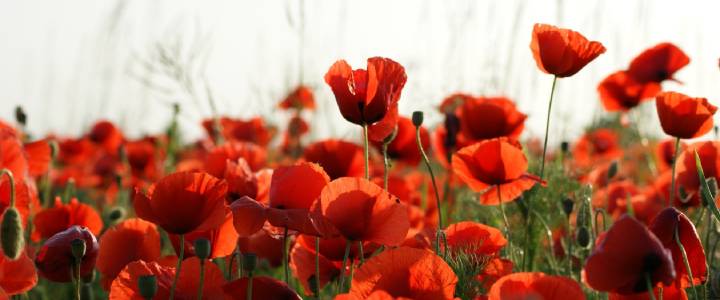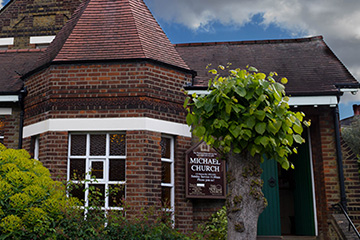When speaking about His approaching crucifixion and resurrection, the Lord said, “Most assuredly, I say to you, unless a grain of wheat falls into the ground and dies, it remains alone; but if it dies, it produces much fruit. He who loves his life will lose it, and he who hates his life in this world will keep it for eternal life.” (John 12:24-25) The disciples rebelled against this idea that the Lord would be killed, even when He told them in so many words that He would. They focused on what it would mean to lose Him. He, by contrast, focused on what He could achieve by dying (and then rising again). The Lord’s teaching is that without loss or pain we never get to what we want:
The Lord's Coming is according to order in this respect, that the spring does not come until after the winter; nor the morning, until after the night; that a woman giving birth has comfort and joy, only after pain; that states of comfort are after temptations; and that there is genuine life after undergoing death; even as the Lord says, "Unless the grain...dies," etc. (John 12:24). The Lord exhibited the type of this order, when He allowed Himself to be crucified and to die, and when afterwards He rose again; this type symbolises the state of the church. (Invitation to the New Church 34)
As it applies to our lives, our most common experience of this loss involves undergoing temptations to become better people. (Apocalypse Revealed 639.2-3; Doctrine of Life 99)
I’m sure all of us would rather have comfort and joy without the pain and temptation coming first. And I know I’d rather do without cloudy, cold winter and move straight to warm, hopeful spring. Yet that’s not the Lord’s order. All important things come when we are willing to give up something because of something more important.
This is why we honour those who were willing to give up their lives for their country, for their family, for their grandchildren yet unborn. They were willing to lose something so that something even more important to them could receive life. I would imagine that many war widows have wished their husbands could have been spared, yet peace is not bought without struggle and even pain. The Lord said about His own sacrifice, “Greater love has no one than this, than to lay down one’s life for his friends. You are My friends if you do whatever I command you.” (John 15:13-14). He died so that we could live, showing His greatest love. And we similarly honour those who gave that greatest sacrifice, not so that they might live, but that we might.
When a grain of wheat falls into the ground and dissolves so that a plant can grow, it ceases to be and something else comes of it. This is a mirror of the way our own spiritual development happens:
The same is true of a person, who, that he may rise again, must die both as to the body and as to what is his own [proprium], which is in itself hellish; for unless both of these die he does not have the life of heaven. (Apocalypse Explained 699.13)
This is such a strong correspondence, that in the Word, death means resurrection (Apocalypse Explained 699) and in fact angels don’t even think about the death when they hear the word, but rather focus on the new life that comes from it.
We are moved by the sacrifices people make in war partly because we are awed by the acts of selflessness for the greater good. And perhaps we are also moved because those acts of courage mirror the struggles we face in our daily lives to give up present enjoyment for the sake of much greater enjoyment in the future.
If we could see the spirits of those who sacrifice I think we would see that they are amply rewarded. The Lord gives an analogy when comparing the first (natural) rational we gain early in adulthood, with the more mature and lasting spiritual rational we gain by struggle:
The first rational, in the beginning, is like unripe fruit, which gradually matures till it forms seeds within itself... But the second rational, with which one is gifted by the Lord when he is being regenerated, is like the same fruit in good ground, in which those things which are round about the seeds decay, and the seeds push forth from their inmost parts, and send out a root, and then a shoot above the ground, which grows into a new tree, and unfolds itself at length even into new fruits, and then into gardens and paradises, according to the affections of good and truth which it receives. (Arcana Caelestia 2657.4)
I think of my grandfather who died leaving a wife and three young children. He didn’t have to fight, but volunteered because he felt he had an obligation to counter Hitler’s malice. He gave up much and so did they. Yet what they gained was a sense that honour and courage matter, that you stand up for the right no matter the cost, that you can sometimes love something more by giving it away than by keeping it. And I believe he, when he entered the next life, found his spirit was fruitful like that seed which had multiplied into a grove of fruit trees.
Find out more about the teachings of the New Church and how it can relate to real life issues
Come and join us at Michael Church, a spiritually dynamic church in South London



